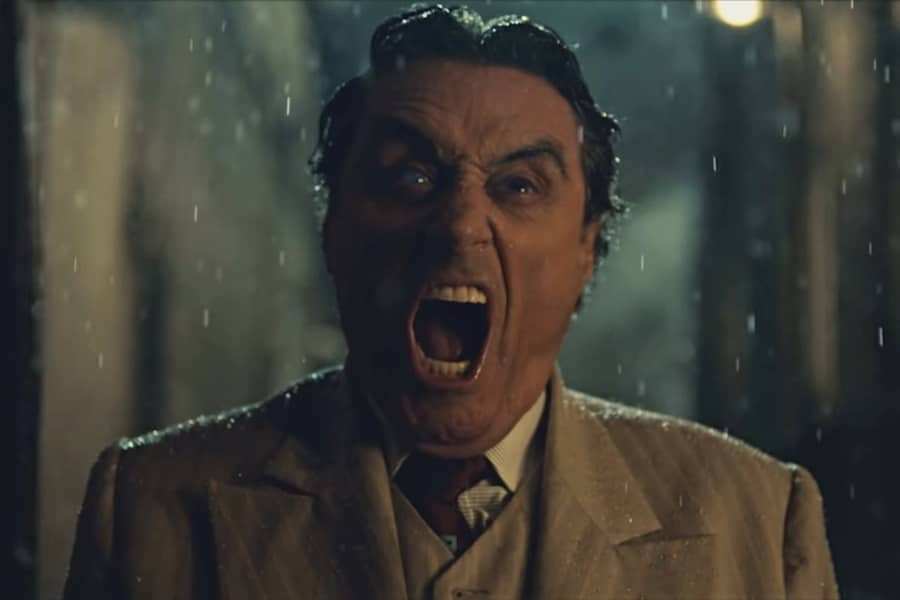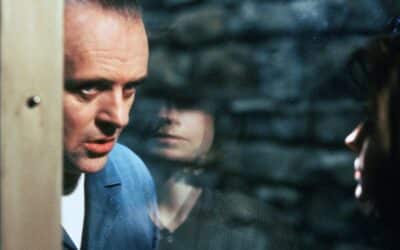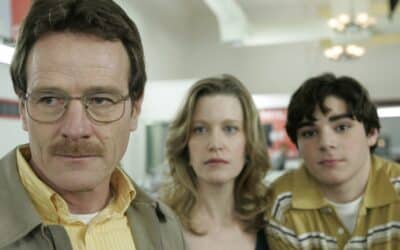
Myth and Thrillers
Tales as old as time have a knack for winding their way into the present, especially in the realm of thriller fiction. The ancient myths, with their complex characters and intricate plots, provide a rich tapestry for contemporary storytellers to draw from. This blend of old and new creates a genre that is both familiar and fresh, steeped in tradition yet vibrant with modern twists.
Let’s take a dive into how these timeless tales have influenced modern thriller fiction. For starters, Dan Brown’s “The Da Vinci Code” is a prime example. Brown weaves a tale that is rooted in Christian and Pagan mythology, blending historical art, secret societies, and ancient symbols. The novel is a rollercoaster of riddles and revelations, showing how effectively ancient myths can serve as the backbone for contemporary thrillers.
Rick Riordan’s “Percy Jackson” series is another testament to this trend, albeit with a young adult twist. By infusing Greek mythology into a modern setting, Riordan creates a world where ancient gods interact with the 21st century. It’s a thrilling mix of fantasy and adventure, capturing the timeless appeal of these myths.
Neal Stephenson’s “Snow Crash” takes a different route by delving into Sumerian mythology and language. This cyberpunk thriller explores the concept of language as a virus, drawing parallels between ancient Sumerian texts and modern computer programming. Stephenson’s novel is a mind-bending journey that showcases the versatility of mythological themes.
“The Song of Achilles” by Madeline Miller reimagines the story of Achilles and Patroclus from Greek mythology. While not a thriller in the traditional sense, the novel is a gripping tale of love, war, and destiny. Miller’s lyrical prose breathes new life into these ancient characters, proving that mythological stories can resonate just as powerfully today as they did millennia ago.
Turning to the screen, the film “O Brother, Where Art Thou?” by the Coen Brothers, though more of a comedic odyssey, is loosely based on Homer’s “The Odyssey.” Set in the American South during the 1930s, the movie follows three convicts on a surreal adventure. The film cleverly adapts the epic’s themes and characters, creating a unique fusion of ancient myth and Depression-era America.
In television, the series “American Gods,” based on Neil Gaiman’s novel, brings together an array of mythological figures from various cultures. The show explores what happens when these ancient deities are thrust into the modern world, clashing with new gods of technology and media. It’s a vivid illustration of how mythology can be reinterpreted to reflect contemporary issues.
Going back to the classics, Agatha Christie’s “The Labors of Hercules” is a collection of short stories featuring her famous detective, Hercule Poirot. Each story is inspired by one of the mythical Hercules’ tasks. Christie brilliantly adapts these myths into clever, contemporary mysteries, proving that even the world of cozy mysteries isn’t immune to the allure of ancient legends.
In “Circe” by Madeline Miller, the ancient Greek myth of the witch Circe is reimagined. Miller’s narrative gives a voice to a character who often lurked in the margins of Homer’s epics. The novel is a spellbinding tale of transformation and power, showcasing the enduring relevance of mythological figures.
“American Psycho” by Bret Easton Ellis, while not directly based on mythology, incorporates the concept of the Dionysian man, unrestrained by societal norms, indulging in every whim and desire. Ellis’s controversial novel is a dark exploration of modern excess and amorality, using mythological concepts to examine the extremes of human behavior.
“The Mists of Avalon” by Marion Zimmer Bradley reimagines the Arthurian legends from the perspective of the female characters. The novel transforms the ancient myths into a feminist narrative, highlighting the power and agency of women often overlooked in traditional retellings.
The influence of mythology on thriller fiction is a testament to the timeless nature of these stories. They are malleable narratives, shaped and reshaped to fit the contours of contemporary life. Whether it’s through direct adaptation or thematic inspiration, mythology provides a wellspring of ideas for modern thriller writers.
This fusion of ancient and modern not only adds depth and complexity to contemporary thrillers but also demonstrates the enduring power of these myths. They tap into universal themes – heroism, betrayal, love, and power – that continue to resonate, regardless of the era.
As long as there are stories to be told, mythology will continue to influence and inspire. It serves as a bridge between the past and the present, connecting us with our ancient roots and reminding us of the timeless nature of human experience. In the world of thriller fiction, these ancient legends are not just relics of the past; they are living, breathing narratives that continue to captivate and thrill readers and viewers alike
More Thriller Features
Hiding Bodies
The sinister act of hiding bodies in thrillers
Morally Compromised Thrillers
Right, Wrong, and Everything in Between
Family Dynamics in Thrillers
The Most Unusual Family Dynamics in Thriller Fiction



